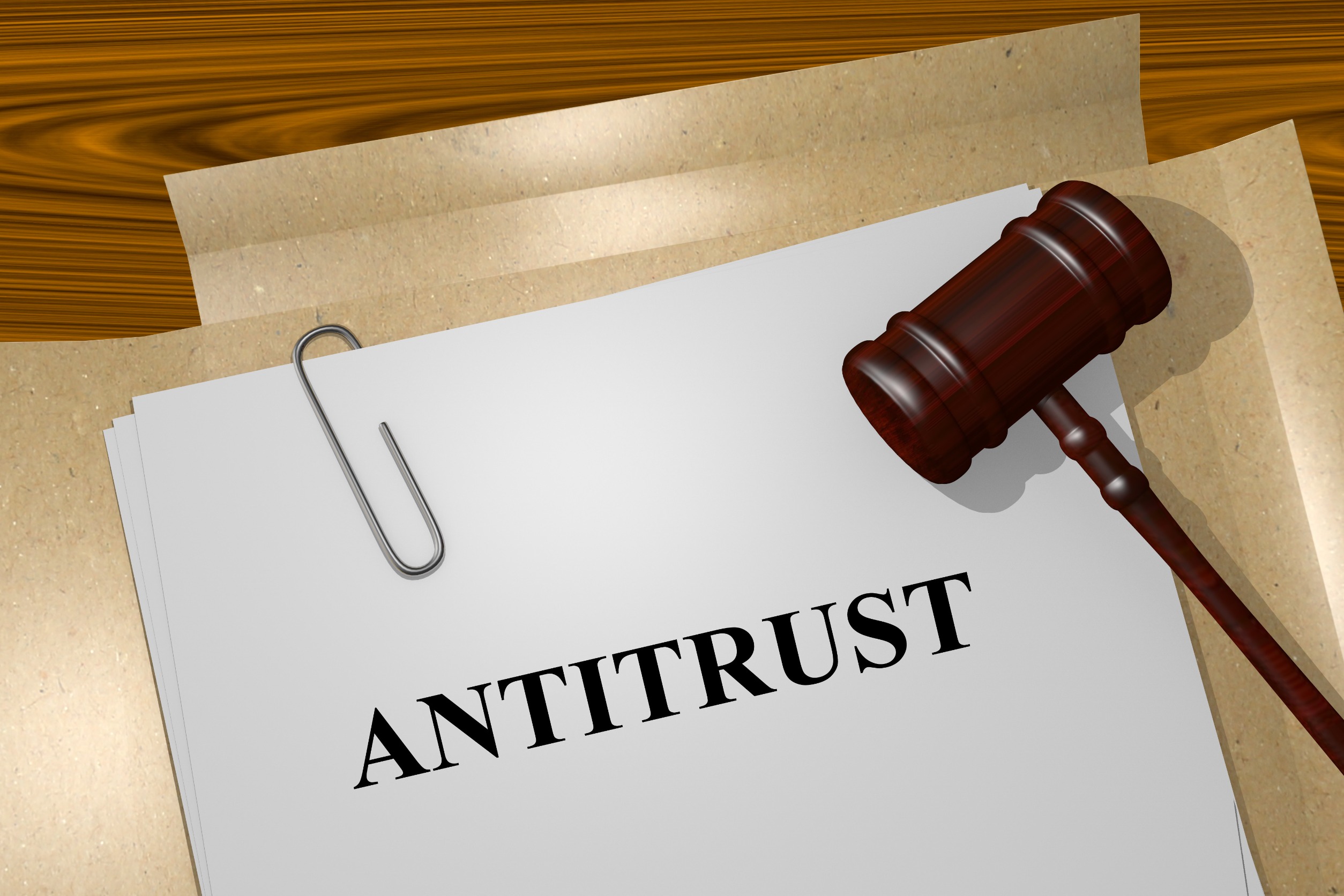By: Editorial Staff, Date: June 6th, 2022
If you’re a CEO of a growing company, does it make sense to plan your eventual job end by handing over your position to your employees? For many executive officers, that would probably garner either a cringe or a laugh, but for Heather Payne, it’s the strategic goal for Juno College of Technology in Toronto. If all goes well, Payne will step down as CEO, and the company that she has built as an incubator for startups will transfer to the ownership of her staff.

Employee ownership is a less-traveled road when it comes to company leadership succession. However, instead of selling the company to a competitor, Payne knows that the fundamental direction and nature of her team will instead sustain it forward. After a decade of time and energy in running the decade-old school, employee ownership makes a whole lot of sense. And, on a tax basis, employee ownership shifts may very well become easier. The federal government is considering a revision of the tax code to create an employee ownership trust or EOT. Not official yet, EOTs would essentially make it far more attractive to create employee-owned entities in succession versus transferring a business over in a traditional change. The tax approach would benefit the seller up front with a less painful capital gains hit, while the debt for the sale is absorbed by a trust that in turn is paid off by the company’s continued earnings. Everyone involved then has a stake in making the EOT work.
Proponents point to the trend that EOTs tend to be far more successful and productive because the employees become fully invested in their collective future. And, instead of seeing years’ worth of work turn to dust, former leaders get to see their dreams and work continue to another evolution as a legacy. For Payne, an EOT may very well allow her dream to keep living when she steps away.
Upcoming Webcasts
Antitrust ‘No-Poach’ Agreement Enforcement: Key Focus Areas in 2024
In an era marked by evolving digital landscapes and technological advancements, the enforcement of antitrust regulations, particularly concerning 'No-Poach' agreements, stands as a critical focal point for businesses and legal professionals alike. Join us in this CLE webcast as our distinguished panel of legal experts and professionals will dissect the nuances of antitrust enforcement surrounding 'No-Poach' agreements in 2024. Speakers will offer a unique opportunity for participants to gain actionable insights, practical strategies, and expert guidance to navigate the intricate terrain of antitrust compliance.


